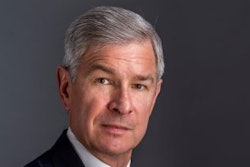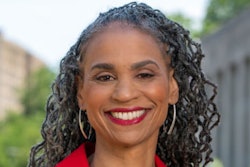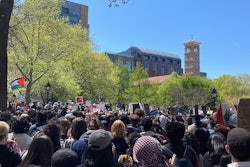College rankings have always been a bit controversial, but over the last year debates over such lists, particularly U.S. News’ rankings, have really heated up.
There have been calls to boycott the rankings; in fact a number of colleges and universities have pledged to do so. Some college officials take issue with the rankings’ methodology, others are disturbed by prospective students’ and their parents’ overreliance on college rankings.
Last summer we published an article entitled “Are U.S. News’ Rankings Inherently Biased Against Black Colleges?” In the article, Dr. Walter Kimbrough, president of historically Black Philander Smith College, said, “[The rankings] do not tell you who the best schools are, just the most privileged.” One concern held by Kimbrough and other HBCU officials was that when Black colleges did show up in the U.S. News rankings, they, with the exception of Howard University, were listed in the fourth tier of schools.
There are certainly legitimate complaints to be made regarding college rankings and all have their own unique shortcomings, but we’ve always felt pretty comfortable with the “Top 100” undergraduate and graduate listings we’ve published for more than 15 years. The only criteria we’re concerned with are which schools are conferring the largest number of degrees to minority students. We are not measuring the quality or value of an institution. I encourage you to read Dr. Victor Borden’s
“Interpreting the Data” column before you browse the lists, as it will give you more detail into our methodology as well as current graduation trends.
Because we are only ranking schools based on the number of degrees conferred to minority students, HBCUs and predominately Black institutions, Hispanic-serving institutions and tribal colleges are ranked high in many categories and disciplines.
For example, for conferring bachelor’s degrees to Black students in the biological/biomedical sciences, HBCUs are well represented — Xavier, Howard, Jackson State and Hampton universities are in the top 5. In the same discipline, HSIs are among the top five universities that confer the most bachelor’s degrees to Hispanic students — The University of Texas at San Antonio, University of Texas-Pan American, University of Texas at El Paso and Florida International University. And although a state or region’s demographics may play a role in which schools have a significant minority student population, keep in mind the Top 100 is about graduating, not just enrolling students.




















